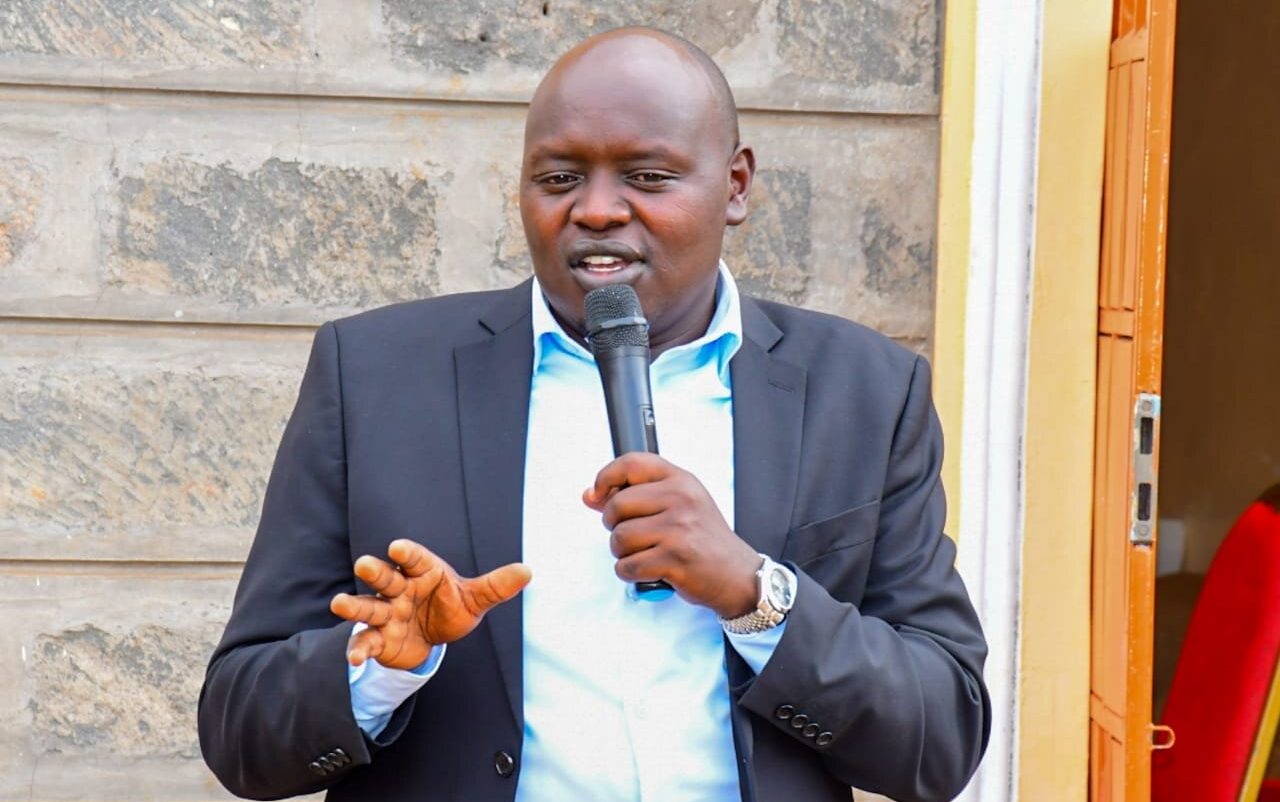Mumias East Member of Parliament Peter Salasya has called for the introduction of free secondary education in Kenya, much like the free primary education program launched by the late retired President Mwai Kibaki.
Speaking on Thursday, September 26, 2024, in Nyeri Town after attending a memorial service for the 21 boys who tragically lost their lives in the Hillside Endarasha Academy fire, Salasya emphasized the importance of making education accessible to everyone.
“Nyeri Town and Karatina Market, thank you for the warm welcome. In my speech, we want free secondary education the way Kibaki brought us free primary education,” he said.
His comments come amid the ongoing debate around the National Government Constituencies Development Fund (NG-CDF), which the High Court recently declared unconstitutional.
To prevent disruption, the judges decided that instead of an immediate halt, the fund’s activities would continue until June 30, 2026, after which they would be discontinued.
“In finding that the 2015 act as last amended in 2023 is unconstitutional, it will not be in the interest of the nation or justice to bring it to an abrupt closure,” the judges said.
Salasya has been at the forefront of opposing the court’s decision arguing that CDF has played a very vital role in improving the lives of people.
Centralizing education funds
On Wednesday, September 25, 2024, Nairobi Woman Representative Esther Passaris proposed a motion in parliament calling for a comprehensive overhaul of the bursary system, arguing that centralizing the funds would better support free basic education by channelling the money directly to schools.
Passaris suggested that pooling all bursaries under the State Department of Basic Education would ensure equitable and free access to education.
“This House urges the government, through the Ministry of Education in collaboration with the relevant stakeholders, to undertake a comprehensive overhaul of the education bursary system. This is with a view to collapsing all bursary schemes and allocating the funds to the State Department of Basic Education, for provision of free basic education through capitation to be directly remitted to schools,” Passaris said in parliament.
However, MPs were unanimous in rejecting this approach, warning that such centralization would harm access to bursaries, particularly for needy students in rural areas.
The NG-CDF currently allocates 35 per cent of its Ksh137 million budget—about Ksh48 million—to bursaries. During a heated parliamentary debate, lawmakers voiced their refusal to support any proposal to consolidate all bursary schemes into a single, centralized fund.
The MPs opposed efforts to centralize the NG-CDF and the National Government Affirmative Action Fund (NGAAF), which together distribute significant amounts in bursaries, including Ksh1.5 billion across 47 counties.
National Assembly Speaker Moses Wetang’ula’s office is currently leading a legislative push to centralize bursaries, but MPs insisted that the current decentralized structure is crucial for equitable distribution.
Nyali MP Mohammed Ali argued that centralization would hinder access, particularly for those far from Nairobi. He emphasized that devolving resources to the grassroots is essential to ensure fairness.
“Hon Passaris is proposing all money be put in one basket, how will it be? We fought against centralising everything so that the resources be devolved to the people at the grassroots,” Mohamed Ali said.










